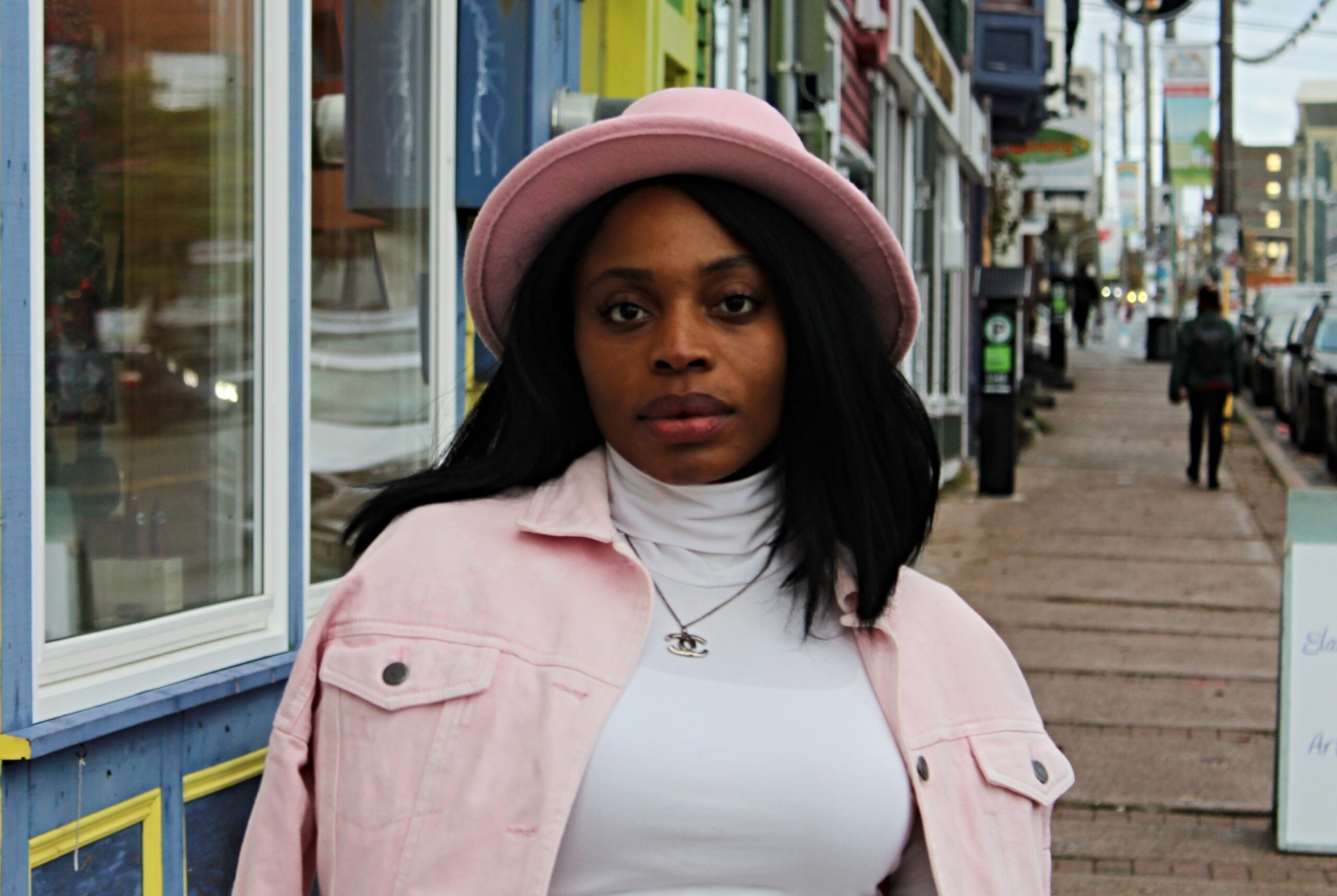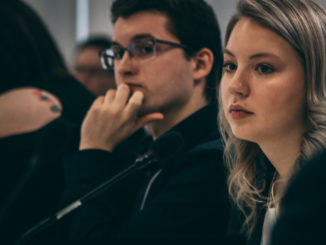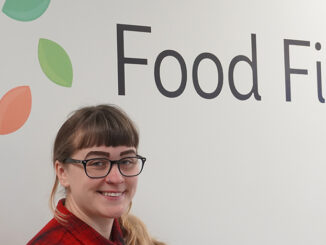Congolese living in Newfoundland and Labrador haven’t forgotten what’s happening in their home country.

Chantel Murrin
Kicker
The Congo is one of the world’s richest countries when it comes to natural resources, yet it’s one of the poorest when it comes to its people.
While many try and leave the country of 86.8 million people in search of a better life, the lives of those who stay aren’t easy.
Rebecca Mesu Kituka is one of those who left. She has a bachelor’s degree in sociology and psychology from Memorial University and is planning to go to medical school. At the moment, she stays home with her two daughters, Hanna, 4, and Elisa, 3.
Originally from the Congo, Kituka moved to South Africa with her family when she was still a child. In August 2009, they relocated to Newfoundland where she is currently residing in St. John’s.
One of the biggest issues in Congo is child labour, with tens of thousands of children mining cobalt – a mineral commonly found in battery-operated electronics.
“Those are my people, that could have been my cousin, that could have been my family member’s child.”
Kituka says, as a mother, it affects her greatly.
“I think it’s important to have a certain obligation and a heart towards the suffering that’s going on there because I mean, that could have been me, that could have been them,” she said, referring to her children.
Lily Kalombo studies communications at Memorial University and lives in Grand Falls-Windsor. Some of her family still lives in Kinshasa, Congo’s capital city, as well as in Lubumbashi, a city located in the south.
Congo’s child labour, says Kalombo, doesn’t get enough media coverage in the Western parts of the world. She believes that’s because Western countries are profiting from the exploitation.
“Some people might ask how we’re affected by what’s happening over there because I’m here now and I’m living a good life, but those are my people, that could have been my cousin, that could have been my family member’s child,” Kalombo said.
Kituka agrees that technology-based companies are a huge business. Since Congo is the world’s largest producer of cobalt and because of the country’s high poverty rate, she doesn’t think what’s happening will change.
“I want them to love it and I want them to be proud of it. Proud of being born in Newfoundland just as much as they’re proud of having roots from the Congo.”
The lack of job opportunities and infrastructure, says Kituka, make it harder for people to provide for their families and the situation has a ripple effect.
“It’s our burden to carry,” said Kituka. “Even if we’re in the West, we’re in Newfoundland and working here – whatever income we get, we pay taxes here in Newfoundland and then we pay the Black tax, which is having to take care of our family members.”
Kituka travelled to the Congo with her family in December 2019. She says it’s very important for her that her children are educated in where they come from and they are aware of the suffering there.
“For me, it’s important that my kids embrace all parts of themselves, Canadian and African, so they can also have a love for their African side and their African people,” she said. “I want them to love it and I want them to be proud of it. Proud of being born in Newfoundland just as much as they’re proud of having roots from the Congo.”




Be the first to comment